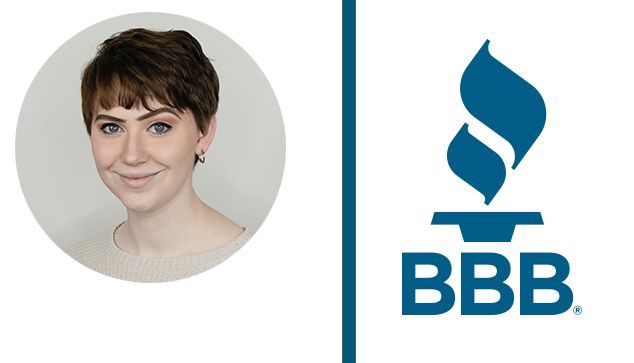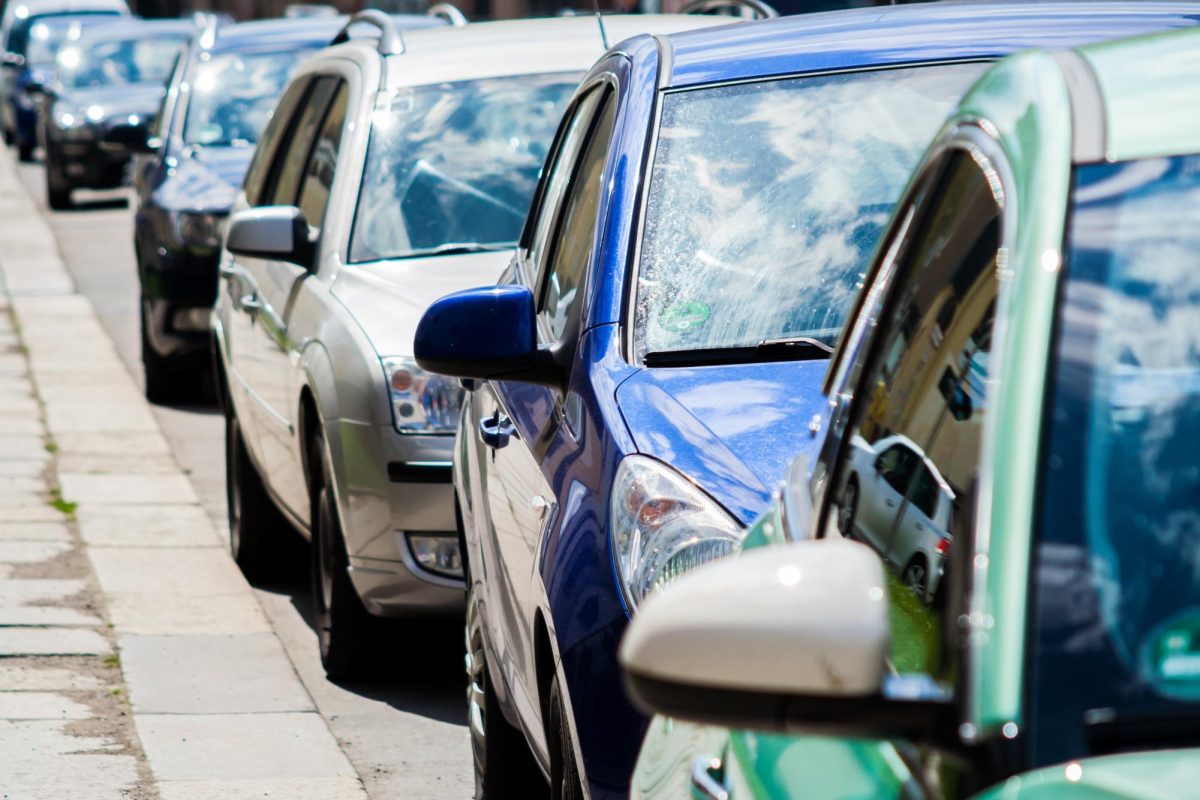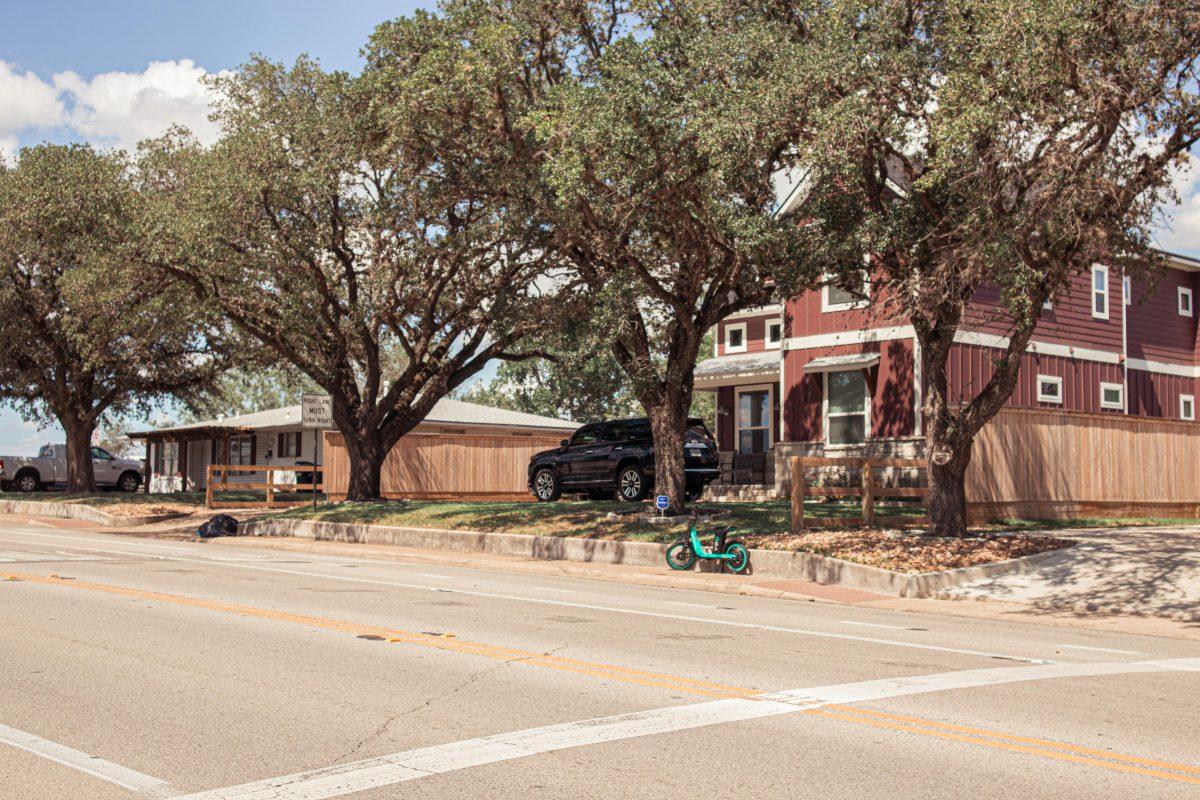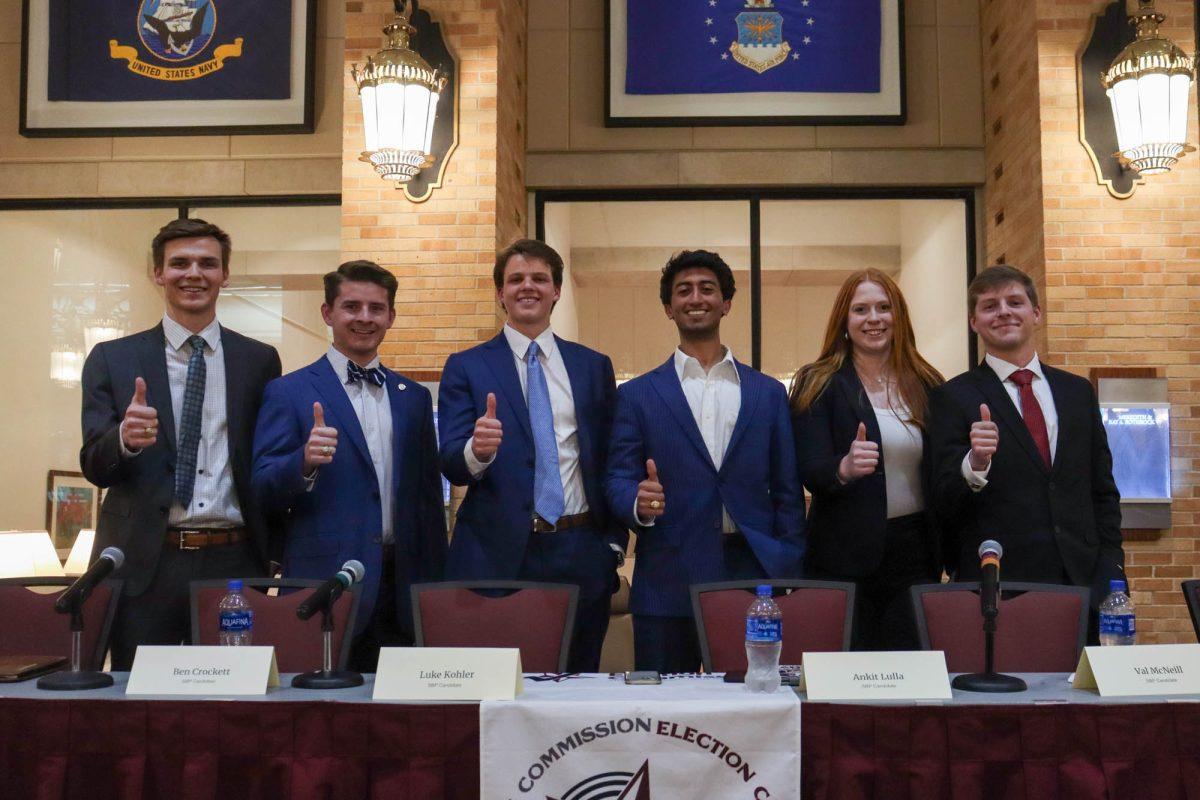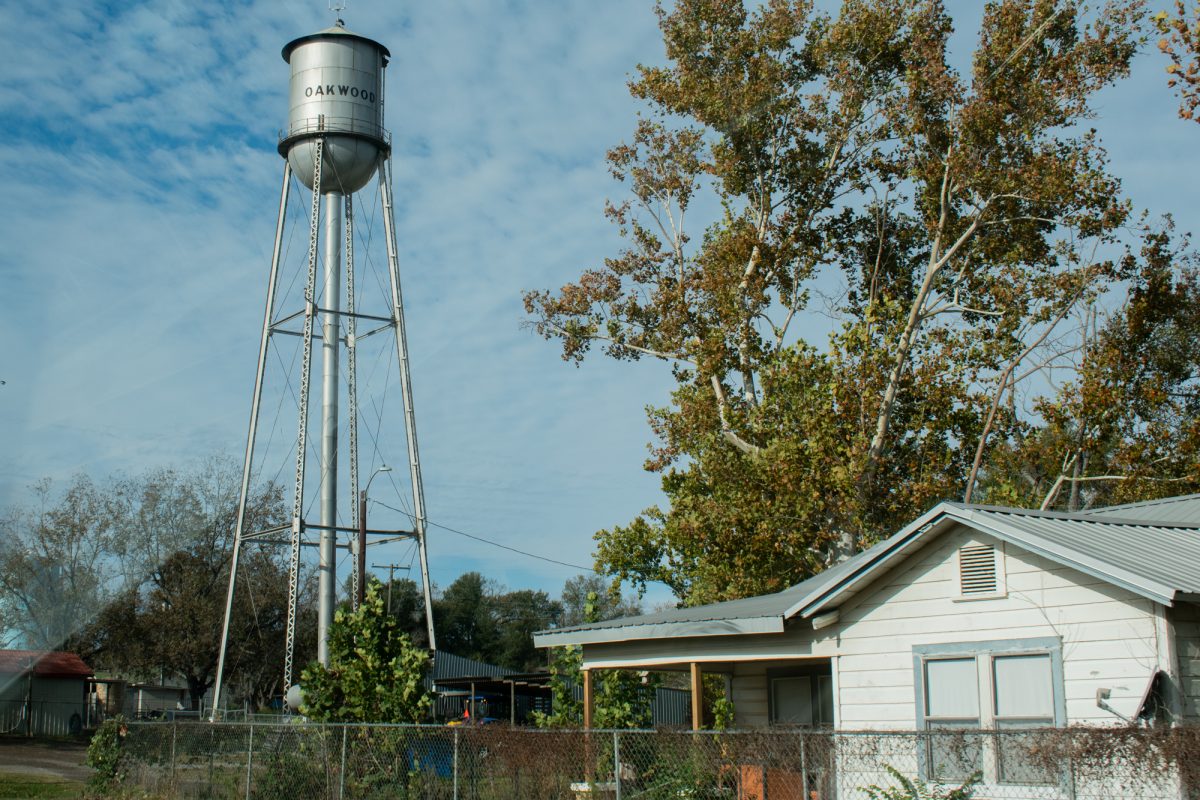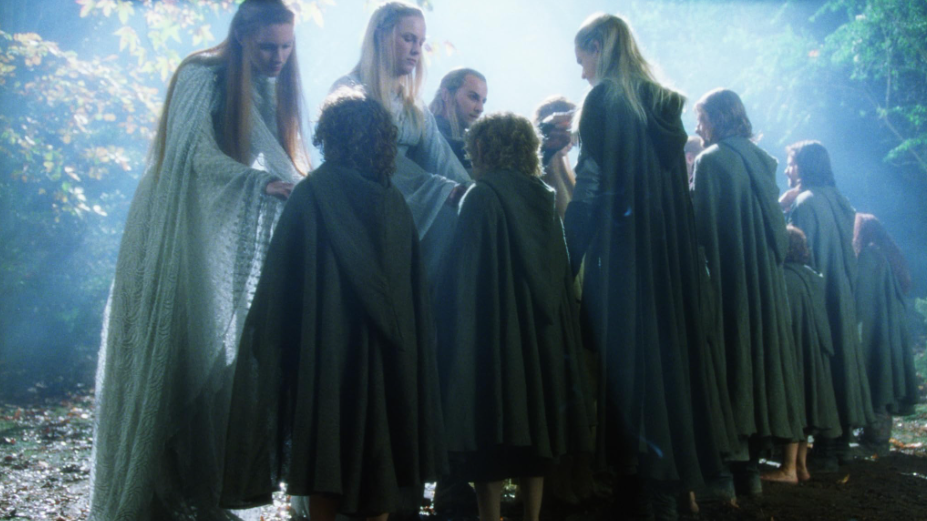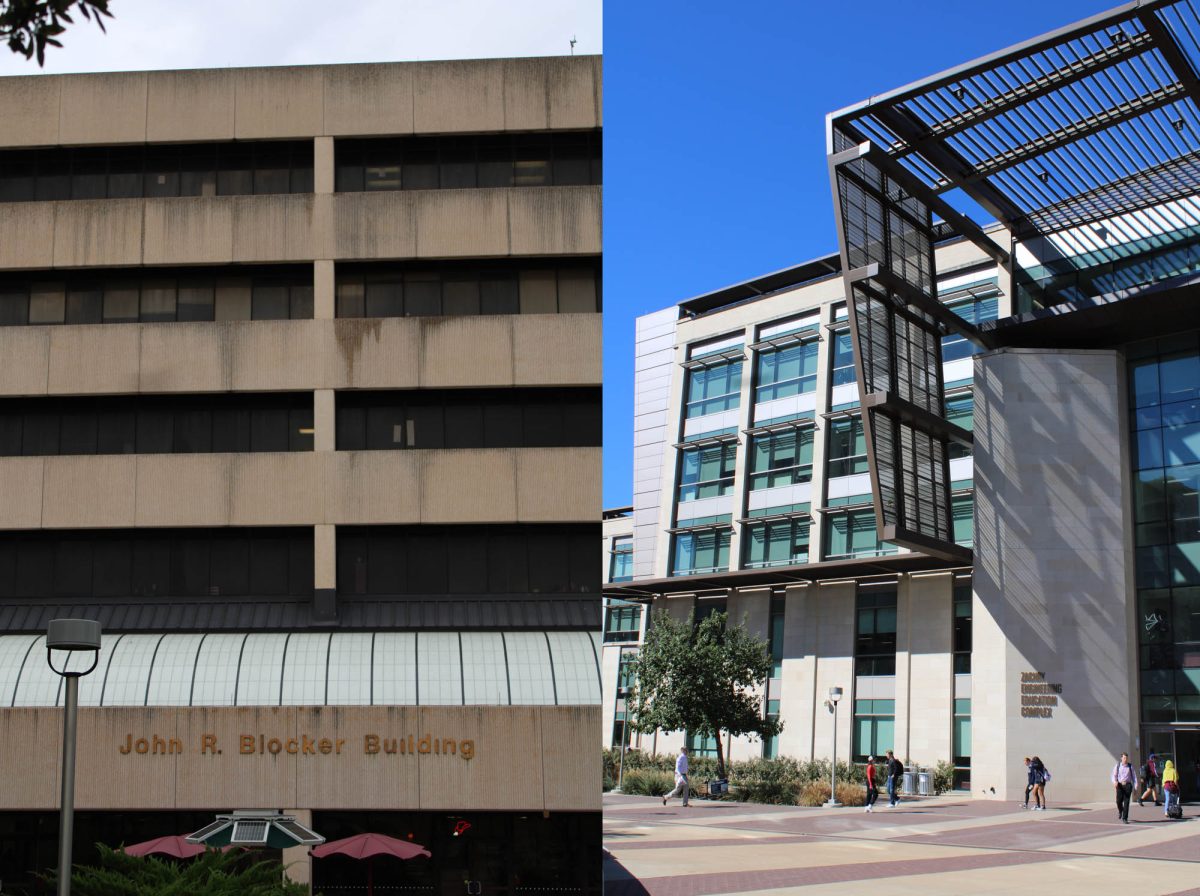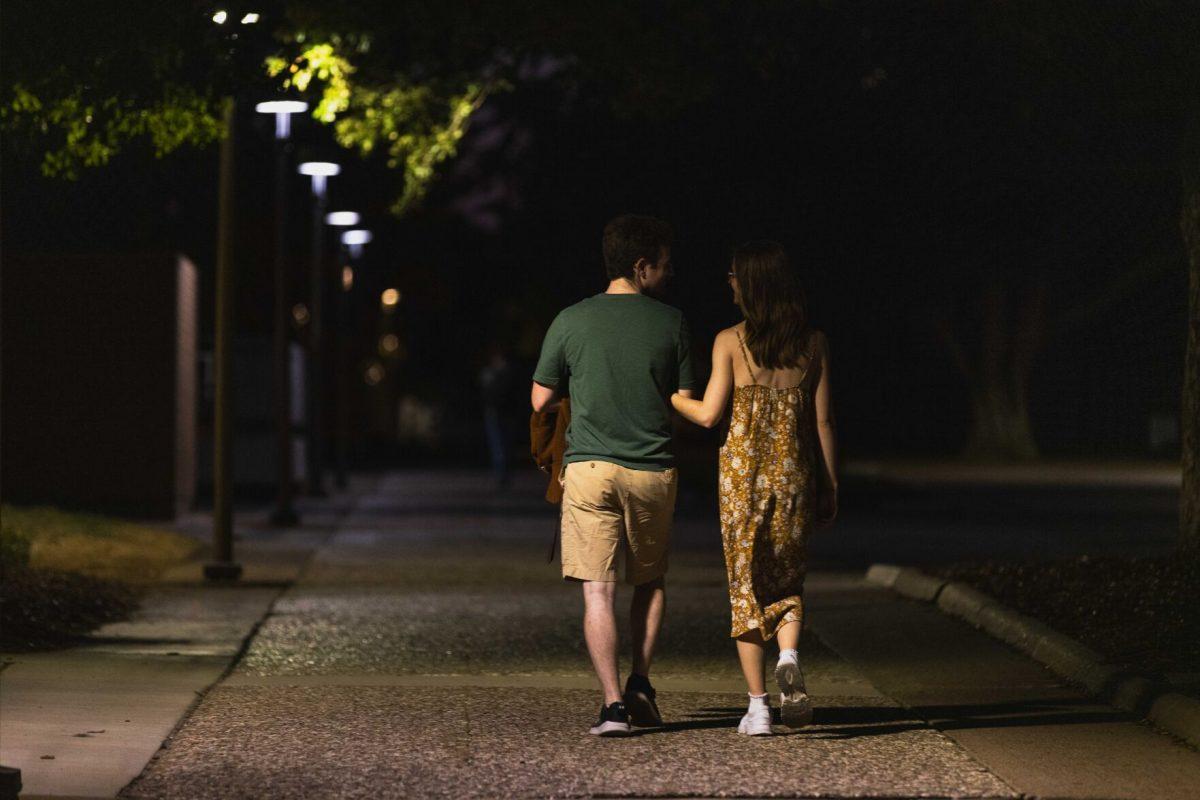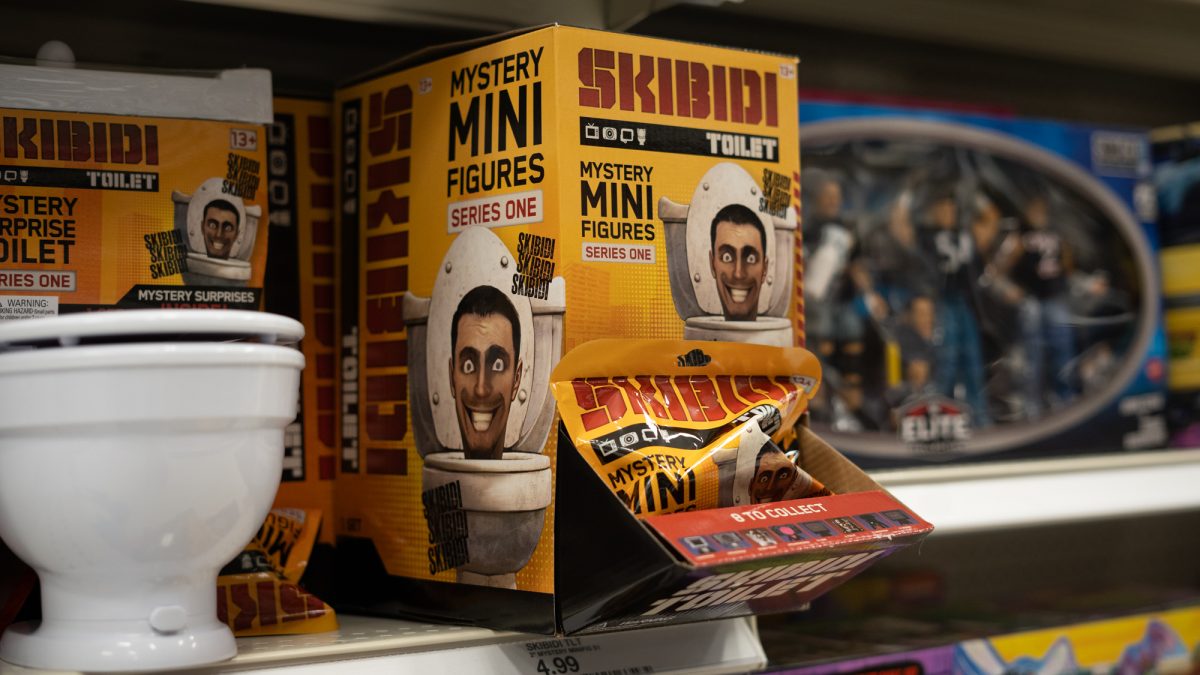Emily Gaines, Class of 2018, is a Public Relations Coordinator for the Better Business Bureau serving the Heart of Texas.
Spring is on its way, along with all the fun the changing seasons have to offer. There’s a lot going on in the Heart of Texas as February melts into March; Austinites are gearing up for annual SXSW festivities, and basketball fans will be making their way to Houston to watch the Sweet Sixteen and Elite Eight of March Madness. Globe Life Field in Fort Worth will be open and holding its first event in mid-March. It’s also a big time for rodeos and stock shows in major cities across the state. With so many festivities approaching, scammers are also gearing up to try to steal money from event goers.
Experiences and memories can be worth the cost of a pricey ticket, and scammers know people are willing to pay. That’s why BBB serving the Heart of Texas wants to prepare you for this upcoming sports and festival season with a reminder and tips on avoiding ticket scams:
-
Consider the source. Knowing whom you’re buying your tickets from can help you avoid buying bad tickets. For example, a professional ticket broker is a legitimate and accredited reseller, while a scalper is an unregulated and unlicensed ticket seller. There are also scammers who sell fake tickets online or charge you for tickets and never send them.
-
Check out the seller or broker. You can check bbb.org and read past customer reviews to see what others have experienced with a seller or broker. You can also see if you’re buying from a National Association of Ticket Brokers-member resale company by visiting VerifiedTicketSource.com.
-
Know the refund policy. Never buy tickets from a reseller without a clear refund policy. Before you purchase tickets, you should also know if the tickets will be available immediately or when they will become available or shipped to you.
-
Use protected payment methods. Credit cards are always the safest way to pay, especially if you receive tickets that were not as promised. Wire transfers, gift cards and cash transactions make it difficult to get your money back if you end up with fraudulent tickets.
-
Be cautious with advertisements. Ads will often pop up when you do an internet search for event tickets, but scammers are quickly leaning how to make fake ads look real. Avoid clicking on ads, especially ones with too-good-to-be-true prices. Go to secure websites (marked with a lock icon by the URL) instead.
-
Verify your tickets. If you’re unsure about tickets you’ve received, you can always go to the venue, present your ticket to customer service and ask them to verify if it is real or fake. They can also show you how to tell if a particular ticket is fake.
-
Report the fraud. If you end up with fraudulent tickets (or pay for tickets you never receive), go to bbb.org/ScamTracker to file a report. Not only will this help BBB, it will help others know not to use that same untrustworthy reseller. You can also file a report with your local police station; be sure to save any correspondence you had with the alleged scammer.
As temperatures and excitement heat up, remember these BBB tips to keep yourself and your money safe during all your fall festivities! You can visit us at bbb.org for more.



